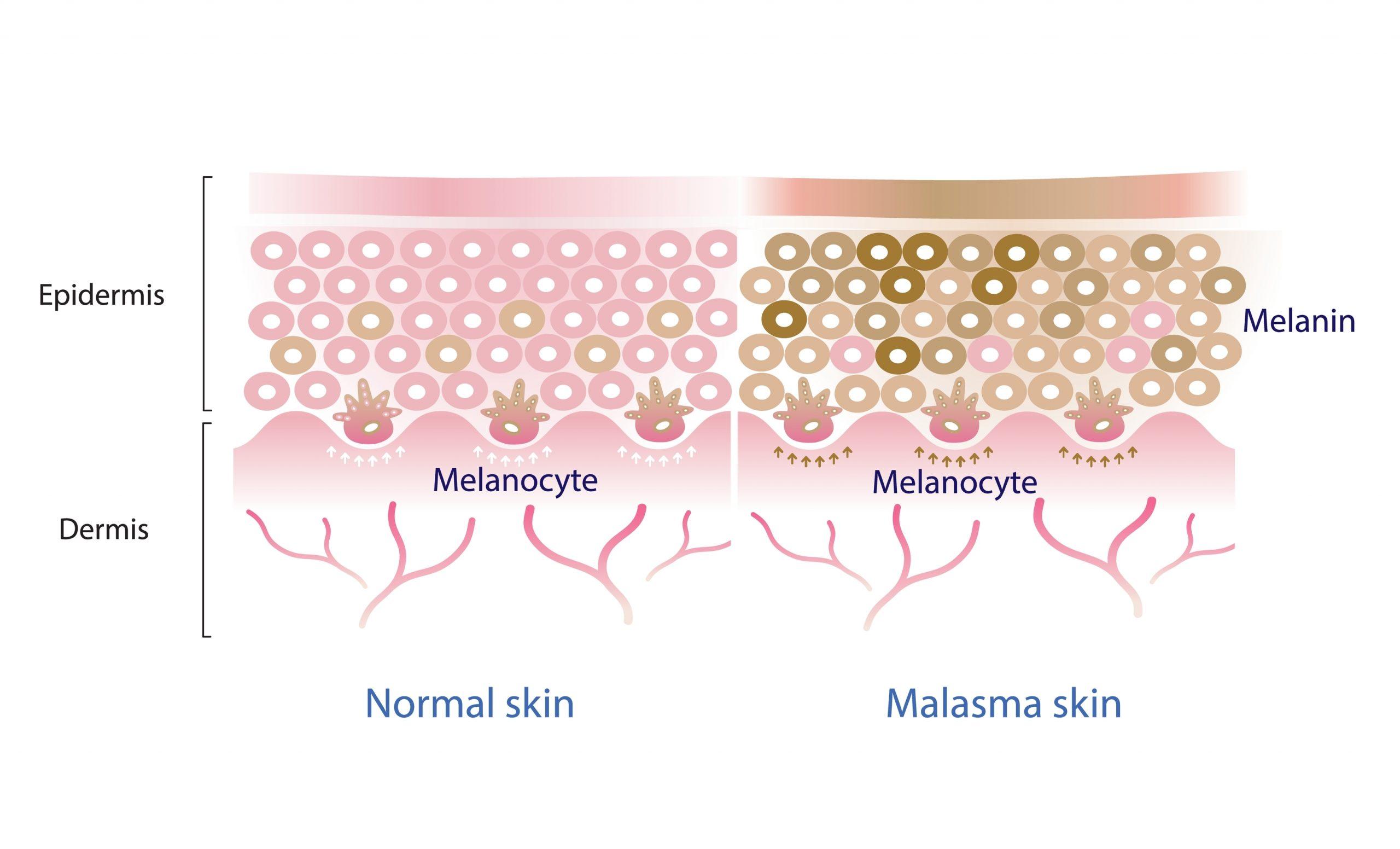Frequently Asked Questions
How Do I Permanently Get Rid Of Melasma?
Unfortunately, there is no guaranteed way to get rid of melasma. In some cases, especially when caused by pregnancy, the melasma will go away on its own. However, melasma is known to flare up, so some people may experience melasma several years after it originally cleared up. Therefore, there is no known cure to both treat melasma and prevent it from ever coming back.
Can Laser Worsen Melasma?
Yes, if a laser procedure is performed on someone who is not a good candidate, this can cause melasma worse than before. In some patients, IPL has even been known to worsen melasma. Patients with melasma should avoid laser or light-based treatments, such as laser hair removal and laser tattoo removal.
What Are The Dos & Don’ts Of Melasma?
People with melasma may have several flares and lulls throughout their lifetime. To keep flares to a minimum and prevent melasma from worsening, here are a few things to do:
- Always wear a high SPF and broadband sunscreen
- Remember to reapply sunscreen throughout the day
- Wear a hat and/or cover up
- Use gentle skincare products without any fragrances
- Keep skin moisturized
- Seek treatment by a melasma professional
While melasma is caused by the sun, other situations can contribute to a melasma flare up. Beyond the known triggers like pregnancy and birth control pills, here are a few don’ts of melasma:
- Use tanning beds or tan naturally
- Exfoliate everyday
- Wax or shave in afflicted areas
- Seek out LED treatments
- Go into the sun without protective clothing and/or sunscreen
Is Melasma Preventable?
Somewhat, yes. If you know you are at a higher risk of developing melasma, or have experienced it in the past, you may consider taking certain precautions such as:
- Always wear broadband SPF
- Protect your face from the sun when possible
- Do not use tanning beds
- Choose alternative birth control methods
Unfortunately, there is no cure or definitive way to prevent melasma. Limiting sun exposure and treating it early if it occurs are the best ways to help reduce the risk of developing melasma.
How Much Does Melasma Treatment In Seattle Cost?
The exact cost of Seattle melasma treatment depends on the exact procedures you undergo. It can range from a few hundred dollars to tens of thousands of dollars. At Seattle Plastic Surgery, our providers present all of your options so you can make the one that will work best for your budget.
Seattle Plastic Surgery does also work with outside financing companies including Care Credit to help you find affordable financing for melasma treatment.


